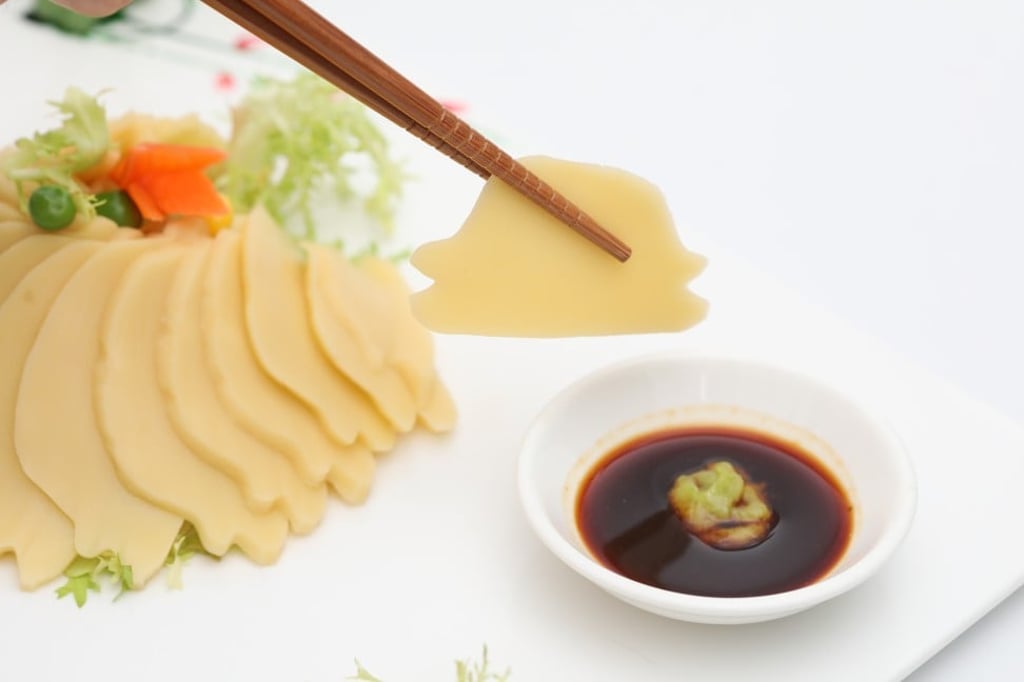China’s plant-based alternatives to take on Beyond Meat, Impossible Foods – and the world
- Whole Perfect Food is among 10 Chinese plant-based meat manufacturers and distributors featuring at Meat Fest in Shanghai on Saturday
- The festival hopes to raise the profile of China’s plant-based meat manufacturers and promote healthy eating

Set up in 1993 and headquartered in Shenzhen, Whole Perfect Food is a plant-based meat manufacturer with annual sales of 300 million yuan (US$44.6 million). Founder Yu Zhaode is a Buddhist and for religious reasons does not eat meat or pungent vegetables like onions, garlic, scallions, chives and leeks.
Selling more than 300 products including faux oyster sauce, bacon, abalone, hamburger patties and grilled sausage, the Chinese company is eager to take on its Western counterparts like Impossible Foods and Beyond Meat. Senior marketing manager Zhou Qiyu says its food-making technology is on a par with the Western start-ups bent on revolutionising the global meat industry.
“Consumers and media don’t know about us because we don’t have the star power of the Western start-ups, which get investors like [Hong Kong businessman] Li Ka-shing and [Microsoft founder] Bill Gates,” Zhou says.
“Dating to as early as the Song dynasty, China’s traditional vegetarian recipes use tofu to make fish and elephant foot taro or konjac to make shrimp. Our company extracts [protein] from seaweed to make [vegan] seafood.
“We do three to 50 new product research [studies] every year, and have accumulated many patented technologies. This year, together with government officials, we set up a national-level research institute at Shenzhen University for soy protein isolate [and other plant-based products].”

Whole Perfect Food is among 10 Chinese plant-based meat manufacturers and distributors to be featured at Meat Fest in Shanghai on Saturday. Organised by Vegans of Shanghai and Plant Based Consulting China, the festival aims to boost the profile of Chinese plant-based meat manufacturers and promote a healthy lifestyle based on meat alternatives.